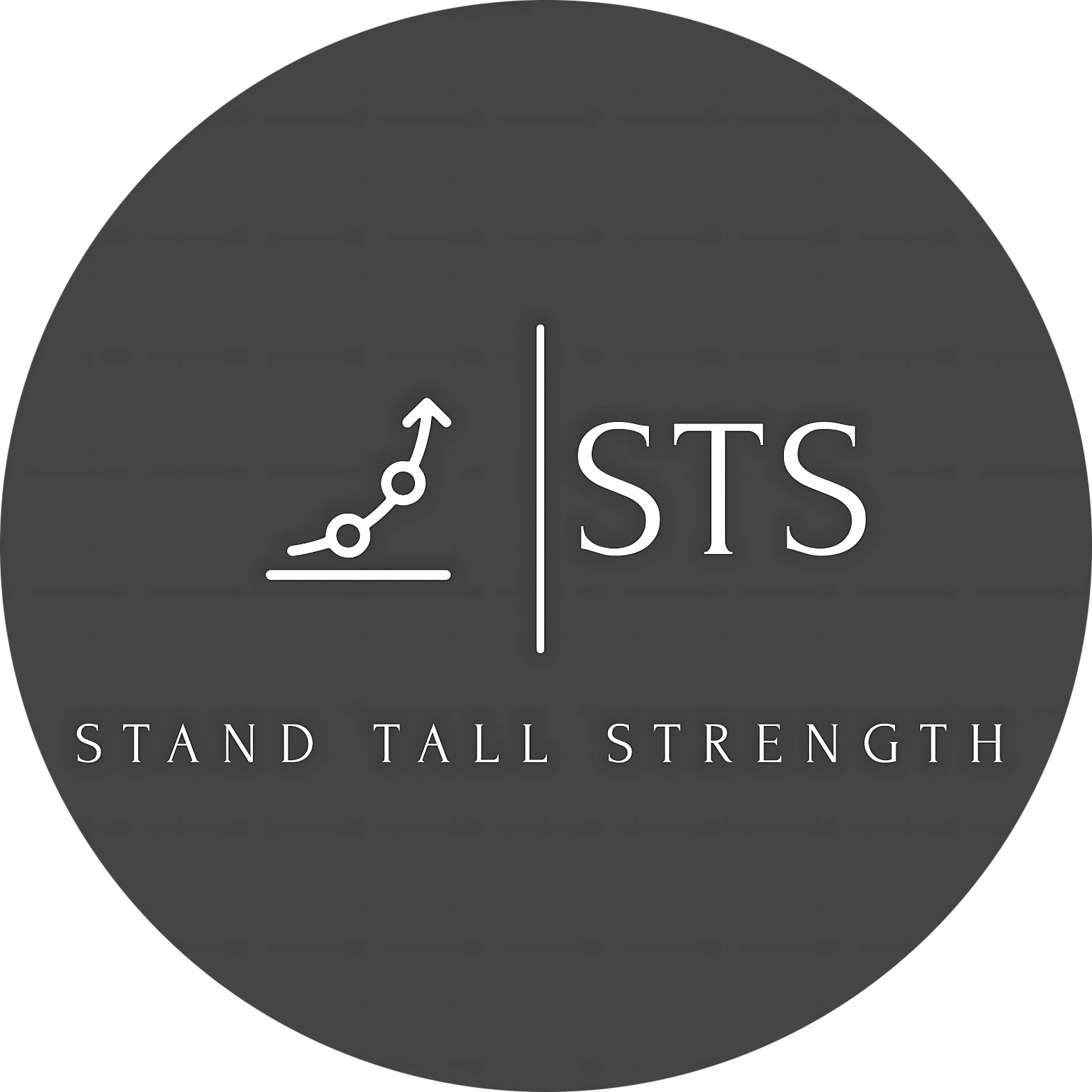Mental training - also called imagery training or emotional self control, is used in an athletes sport specific preparation and throughout the competition period.
There is an easy way to tell if mental training can enhance an athletes performance. If the athlete answers yes to either or both these questions, it can -
A) Do you perform well in training but not so well in competition?
B) Do you tense up, lose focus and play or spar below your skill level when you train with some specific opponents or training partners?
Mental Training consists of mastering these abilities in this order -
1) Selective attention of concentration - improved by drills focusing on breathing .
2) Enhancing control over muscle tension and decreasing the level of arousal - developed by exercises of progressive muscular relaxation.
3) Deep mental relaxation - brought about by exercises inducing a self hypnotic trance together with basic imagery drills.
4) Disregard to distractions - Advanced by practicing relaxation exercises while being disrupted by sounds and other distractions.
5) Utilizing mental imagery to enhance technical skills - developed by visualizing and verbalizing the athletic movement sequences/conditions many times over.
6) Sport specific concentration - advanced by exercises concentrating attention on a specific sports skill.
7) Decreasing the level of anxiety related to performance - developed by mental simulation of performance.
8) Summoning the peak performance state - Brought about by remembering or imagining the peak performance event and attaching the state of mind associated with it to the imagery exercises for the approaching competition.
Combining physical training with mental training establishes emotional control during the struggle of competition.
Mental training sessions should last between 6-25 minutes.





















